

Be part of the Milichu community on social media and explore our blog.
Tik tok (@milichu45), Instagram (@milichushop), Pinterest (@milichushop),...

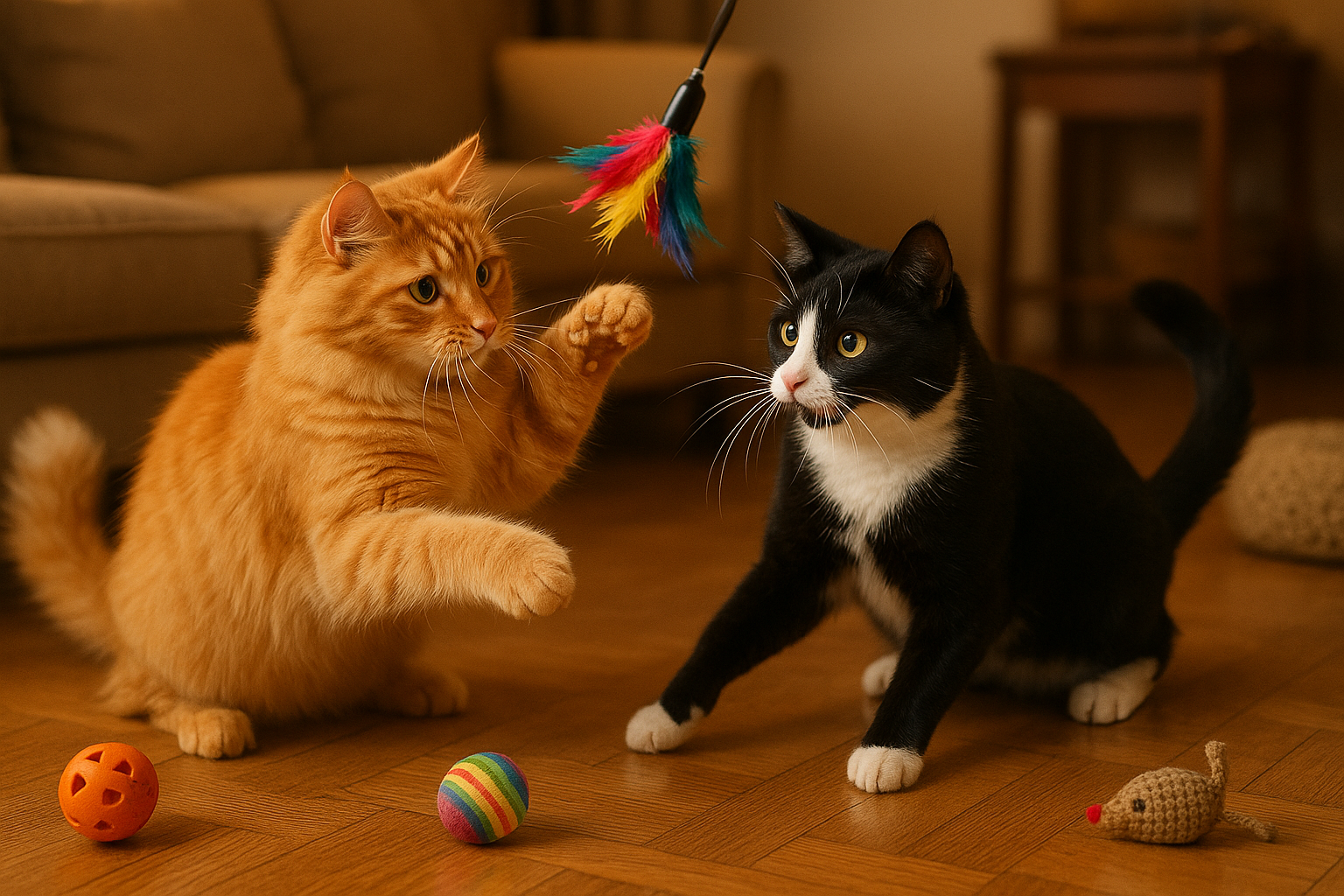

Get FREE SHIPPING COSTS from a purchase of €40!
Fill your basket with the best products at the best price and receive them for free!
ANTI-STRESS PRODUCTS AND ACCESSORIES
-

To calm him down
Help your cat relax during times of stress, change, or anxiety. Here...
-

To take care of him
Everything you need to care for your cat with love and responsibility....
-

For your comfort
Your cat deserves a place to rest, relax, and feel safe. In...
-

What's new!
Discover the latest in feline wellness, fun, and care. In this section,...
Francodex
Francodex Anti-Stress Snack with Chamomile and Lemon Balm
Share

NEWS!
Everything new for your pet...
-
 Sold out
Sold outWindow Cat Bed
Regular price €15,05 EURRegular price -
360° LED Interactive Cat Ball
Regular price From €16,16 EURRegular price -
Plush Cat Tunnel Nest – Comfort and Fun in One!
Regular price €106,20 EURRegular price -
Pet Oasis: Automatic Feeder and Water Dispenser
Regular price €26,40 EURRegular price -
Pettrack GPS: The ultimate tracker for your beloved pets
Regular price From €68,20 EURRegular price -
Ultimate Cat Spa Corner Groomer: Self-Grooming Retreat
Regular price €52,84 EURRegular price
Dog Hugs Cat
Double-lined, scratch- and bite-resistant cat travel bag
Share
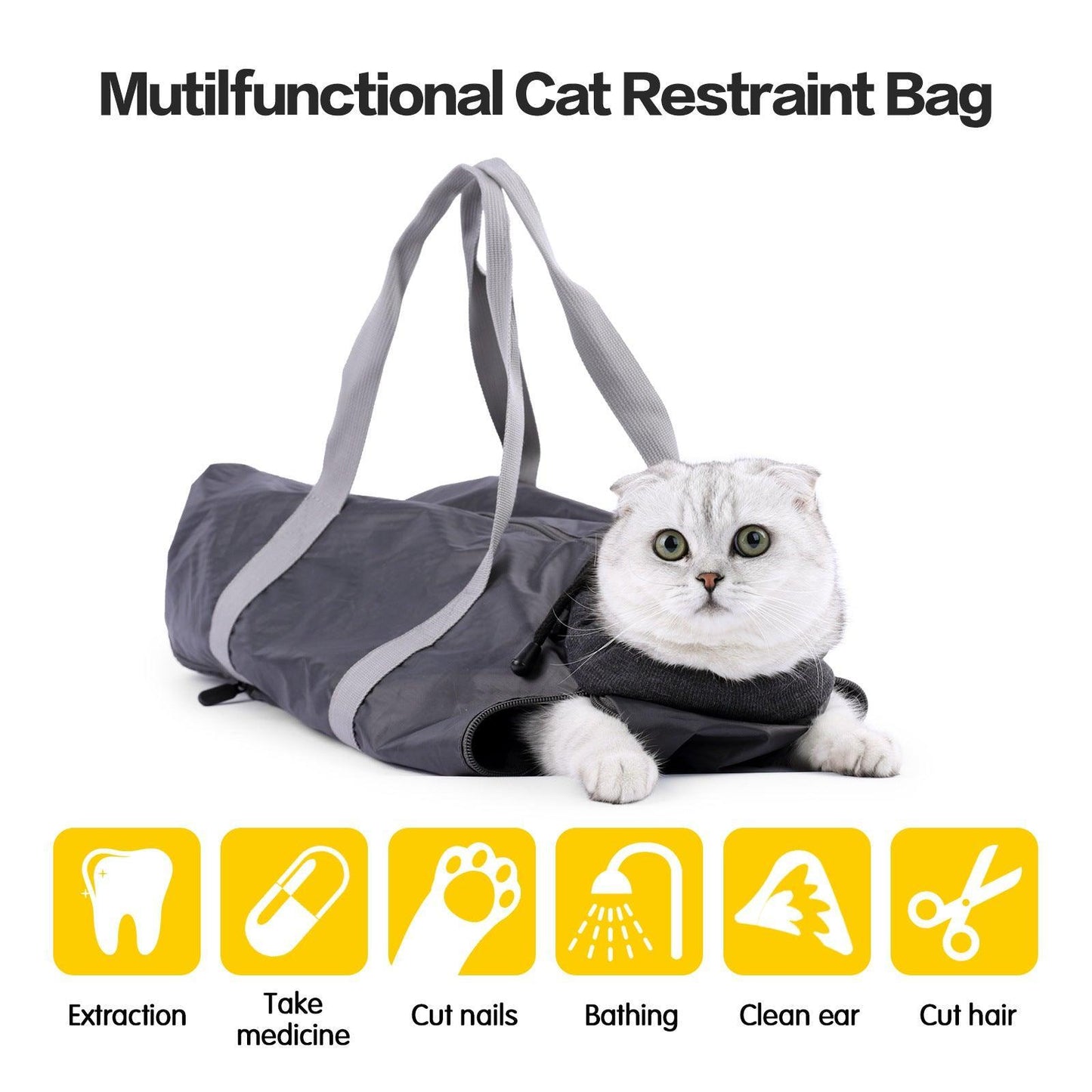


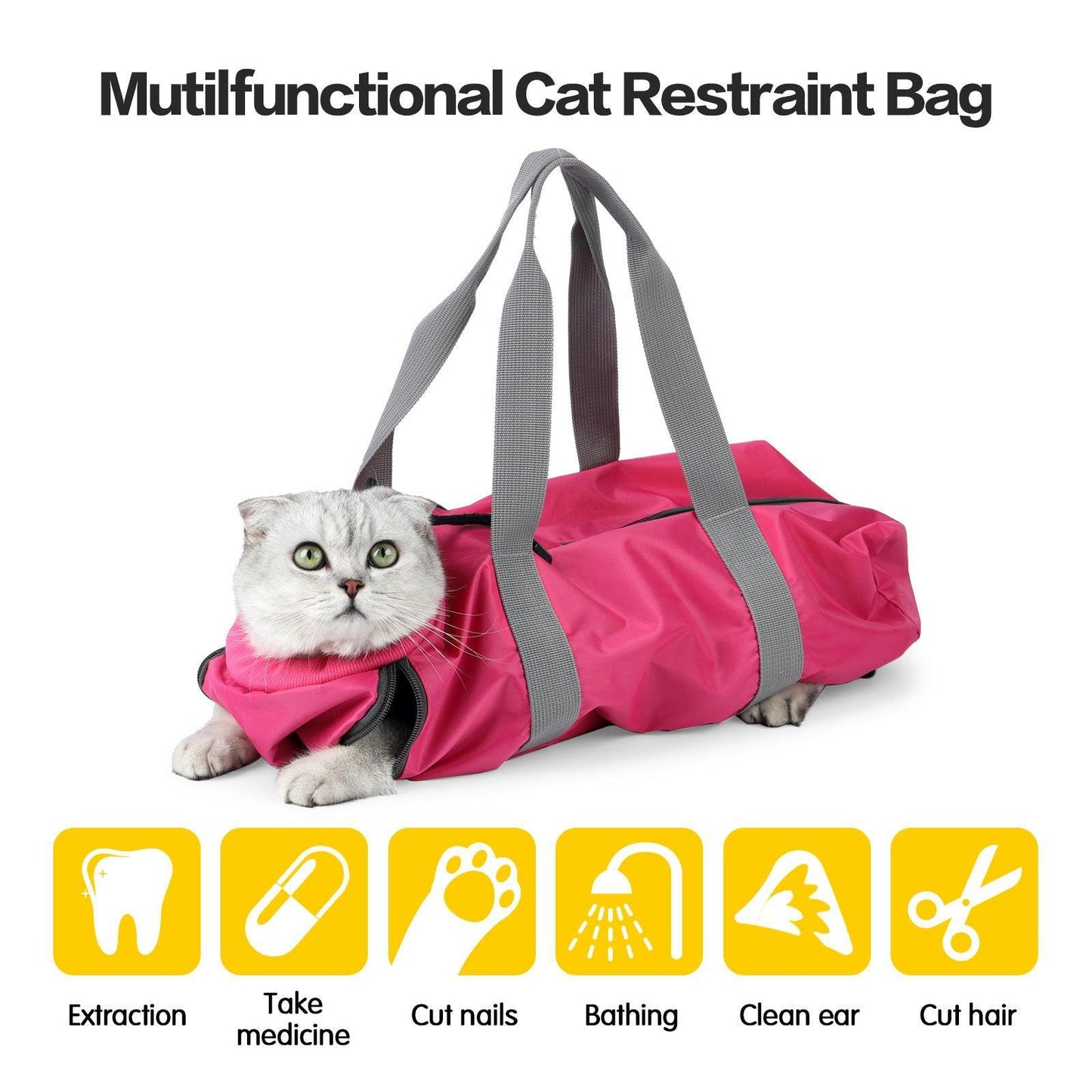
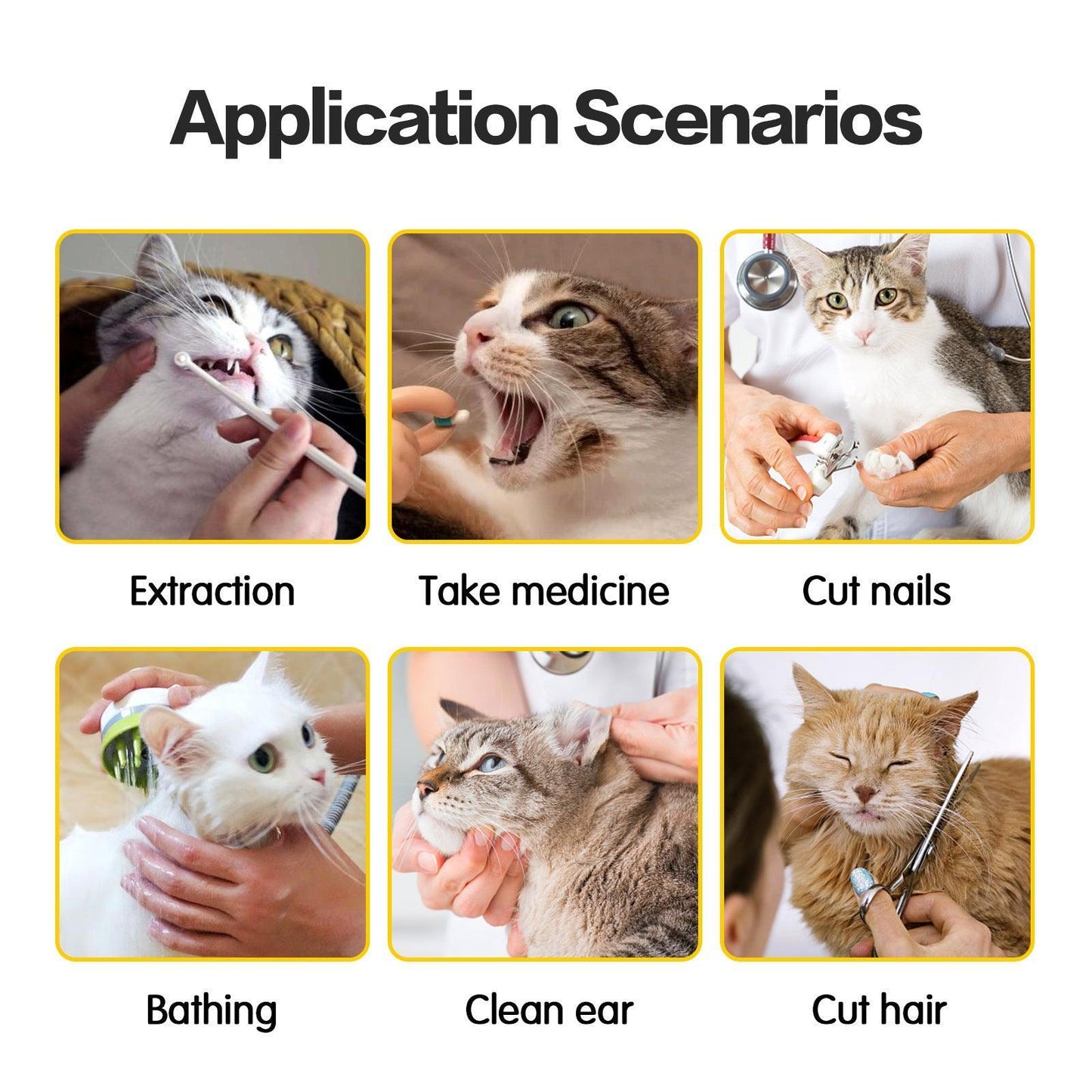
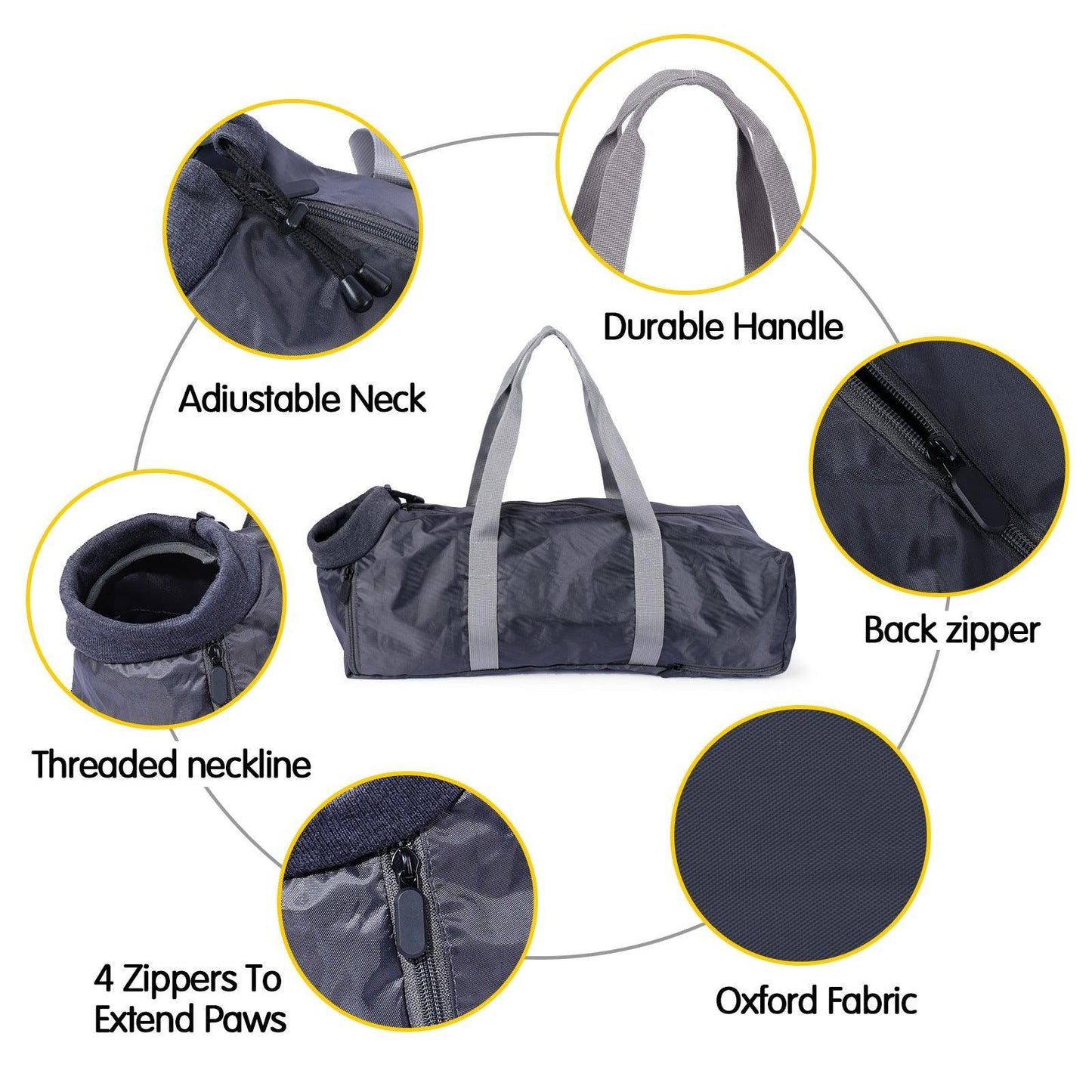

MILICHU CATS
PARTICIPATE! Send us a photo of your cat(s), their name(s), yours, and what makes them such a Milichu cat via WhatsApp: 0034644852072 or email: milichushop@gmail.com and we'll share it...
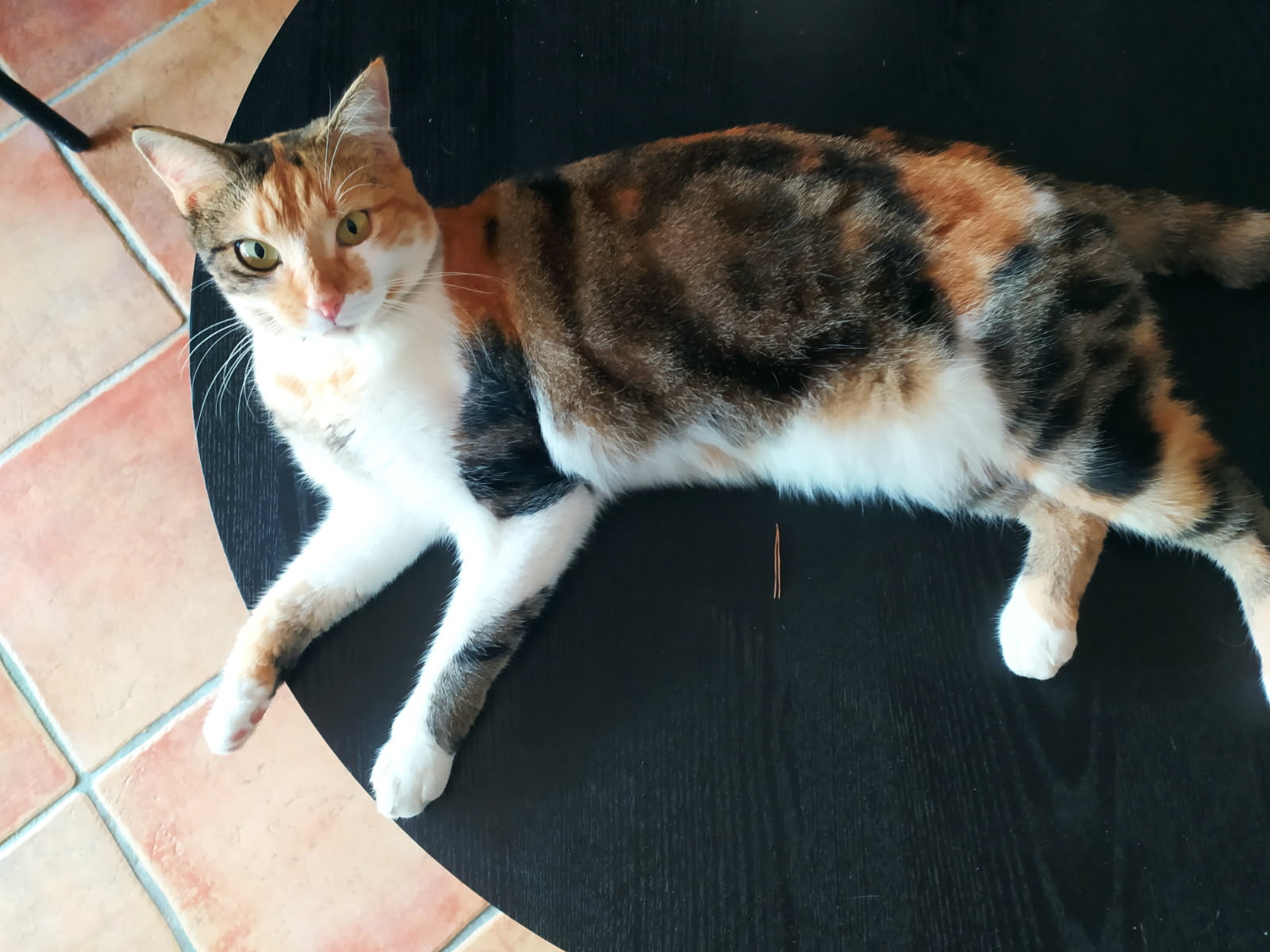
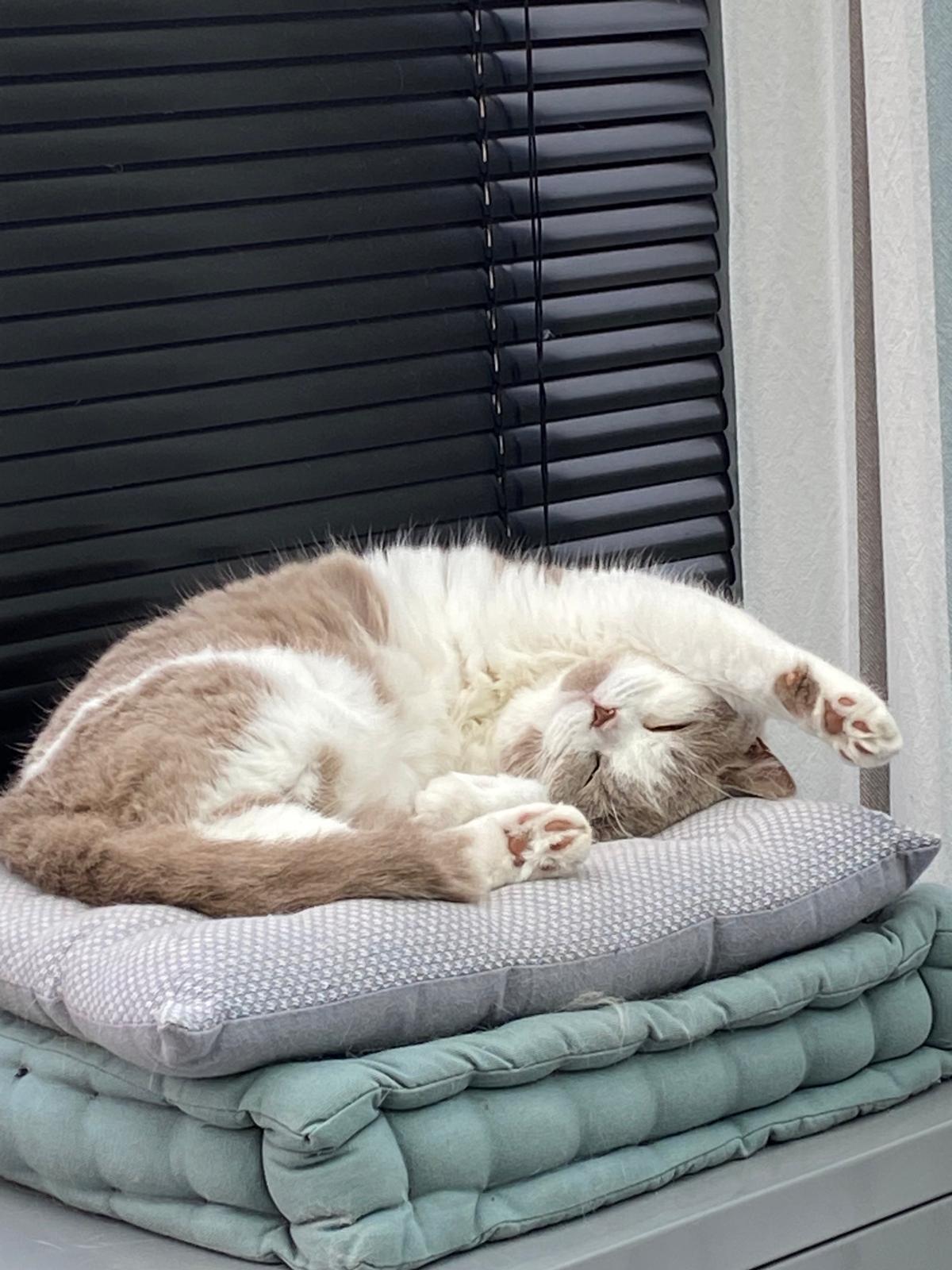
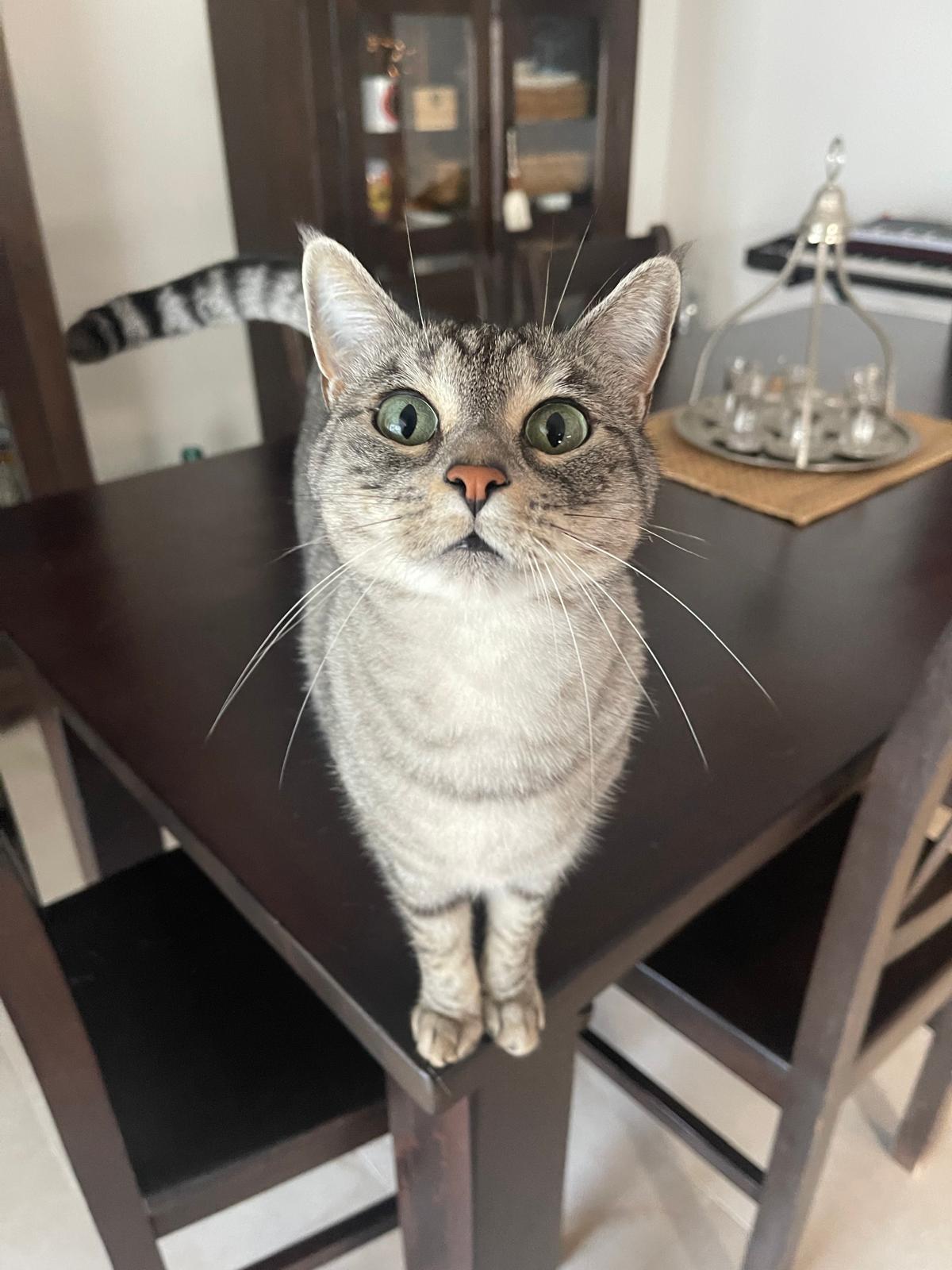

ANTI-STRESS SOLUTIONS RECOMMENDED BY VETERINARIANS
How to calm a cat?
Whether it's due to fear, changes in environment, or separation anxiety, our pets can feel nervous or upset. Calming them isn't just about calming them in the moment; it's about creating an emotionally safe environment . Here's how to do it step by step:
1. Stay calm first
Animals sense your energy. If you're tense, they'll be more so. Speak softly, breathe deeply, and move slowly.
2. Take them to a safe, quiet place
- dim light and no loud noises.
- a comfortable bed or cave, with your favorite blanket or a doudou with your scent.
3. Use relaxing stimuli
- Natural pheromones (in diffuser, spray or collar): imitate maternal calming signals.
- Aromatherapy for pets (lavender, chamomile): ideal in diffusers or sprays, always in safe doses.
-
Relaxing music or white noise : soft sounds that help lower stress levels.
4. Physical contact with respect
- Don't hug him tightly if he's scared: he may feel trapped.
- Better yet, gently pet him on the head, neck, or back if he allows it.
- You can also try a relaxing pet massage with slow movements.
5. Offer calming distraction
- For dogs: chew toys, natural bones.
- For cats: toys with catnip or valerian, soft feathers, scratching posts.
- Mind games and olfactory stimulation help channel nervousness.
Calming your pet means offering them trust, security, and love. With time, patience, and the right tools, any animal can regain its emotional balance.
How to care for a stressed cat?
Stress in animals isn't just an emotion: it can affect their health, behavior, and quality of life. Whether it's a dog or a cat, recognizing and caring for a stressed pet is an act of love and responsibility.
1. Observe the signs of stress
In cats: they hide, meow excessively, stop eating, and groom themselves compulsively.
In dogs: constant panting, trembling, excessive barking, destructive behavior.
Listening to their changes is the first step in helping them.
2. Create a safe and calm environment
- own space for refuge: comfortable bed, soft blankets, no noise.
- Avoid sudden changes in the environment: noise, new furniture, sudden visitors.
3. Stimulates your mind and body
- tapis de léchage or sniffing toys).
- Regular walking routines (dogs) or playing (cats).
- Uninterrupted rest times .
.
4. Use natural and relaxing solutions
-
Calming pheromones , anti-stress sprays or necklaces.
- Plush toy with simulated heartbeat for young or very anxious animals.
- Adapted aromatherapy (lavender, chamomile in safe doses).
5. Offer your company, calmly
- Avoid forcing contact if he is scared: stay close, speak in a soft voice.
- Physical contact (gentle massages, petting) can help a lot if the animal allows it.
What should I do for my cat's comfort?
Cats are sensitive and territorial animals. To make them feel truly comfortable and happy at home, they need more than just food and water. Here are the key points to ensure a comfortable, safe, and relaxing life :
1. Create your own safe space
- Dalee. A quiet area where he can sleep undisturbed.
- Use a comfortable bed or igloo-type cave that gives a sense of refuge.
- Place your bed in a high or secluded place, away from noise.
2. Reduce environmental stress
- Use calming pheromones in a diffuser or spray to make him feel safe.
- Avoid sudden changes (furniture, visitors, loud noises).
- If there are children or dogs, teach them to respect their space.
3. Stimulates your mind and body
- Using interactive toys, such as balls, mice, or feather wands.
- Change toys from time to time so that he doesn't get bored.
- Install a vertical scratching post or cat tree: they love to stretch and climb.
4. Ensure good rest
- Make sure he sleeps in a
silent and dark area.
- Use soft blankets or memory foam mattresses.
- Some cats sleep better with a familiar-scented stuffed animal.
5. Make mealtime a moment of comfort
- Use raised or interactive feeders to stimulate your child's mind while eating.
- Offer him a quiet place to eat, away from the litter box.
6. Clean and stimulating water
- Many cats like moving water: a fountain can encourage them to drink more.
- Change the water daily and keep it out of the sun.
7. Pampering, but with freedom
- Respect his space: if he wants cuddles, he'll come closer.
- Gently stroke him on the head, chin or back.
- Avoid touching his belly or legs if he doesn't like it.
A happy cat is a cat that feels free, safe, stimulated and loved.
How to entertain a stressed cat?
When an animal is stressed, it doesn't just need affection; it also needs stimulation, security, and calming routines . Here are some effective and simple ideas to help it relax and stay entertained:
For stressed pets:
- Food dispensers, chew toys with soothing flavors or soft textures help channel anxiety.
- Avoid loud noises, keep a steady pace, and seek out green or quiet areas.
- A few caresses in areas such as the neck, back, or behind the ears can lower your tension.
- A comfortable, uninterrupted place of your own helps create a sense of refuge.
- Some soft sounds can reduce cortisol levels in nervous cats.
How can I help my pet sleep better?
A good night's sleep is essential for your dog or cat's physical and emotional health. If your pet struggles to sleep or wakes up frequently, here are some practical strategies to improve their sleep.
1. Create a comfortable resting space
- Use a bed appropriate for your pet's size and age (cats love enclosed spaces; dogs love padded beds).
- Add soft blankets, a pillow, or a memory foam cushion.
- Place the rest area in a
quiet place, without drafts and with little light.
2. Use soothing products
- Pheromone diffusers , necklaces or sprays that induce relaxation.
- Plush toy with simulated heartbeat (great for anxious puppies or cats).
-
Safe aromatherapy for pets: lavender or chamomile in low doses.
- Relaxing music or white noise at night.
3. Establish a nighttime routine
Quiet walk (for dogs) or gentle play (for cats) before bed.
Fixed bedtime each night.
Avoid exciting games or heavy foods just before bedtime.
4. Include familiar objects
- A doudou with your scent, an old piece of clothing, or a blanket they recognize.
- This gives security and a feeling of company, especially if you sleep alone.
5. Turn off distractions
- Turn off bright lights and noises (TV, notifications, etc.).
- Use a soft nightlight if total darkness causes anxiety.
A good night's sleep isn't a luxury: it's part of everyday well-being. A well-rested pet is happier, more balanced, and healthier.
Kütyübazár
Window Cat Bed
Share
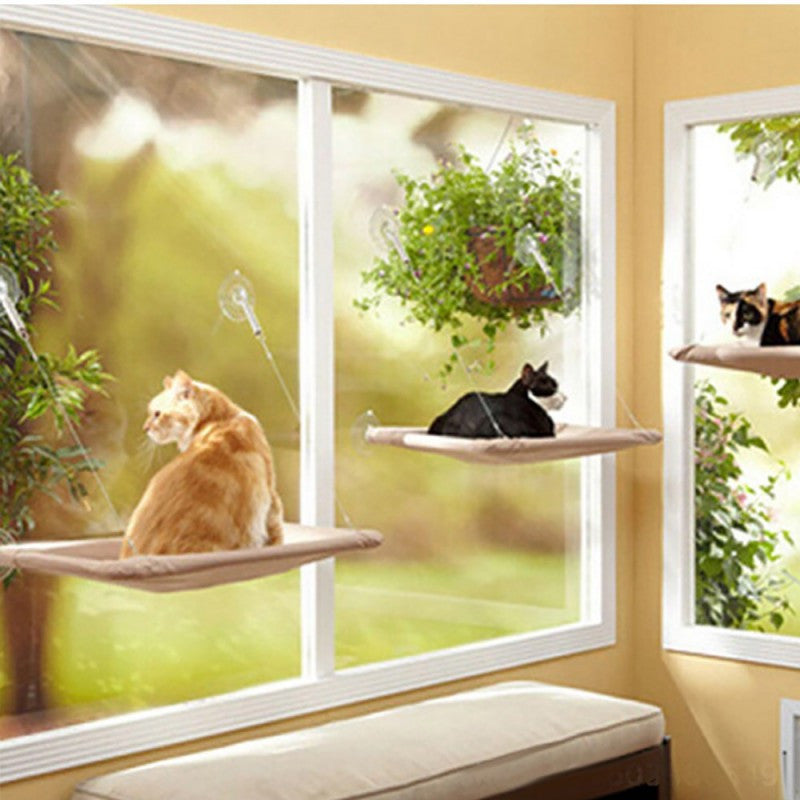
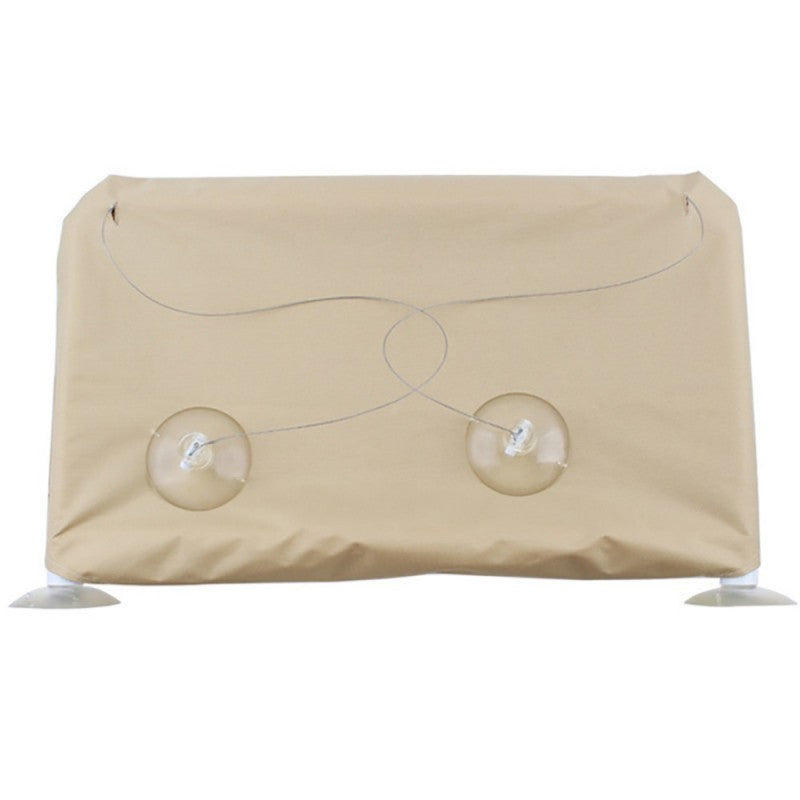
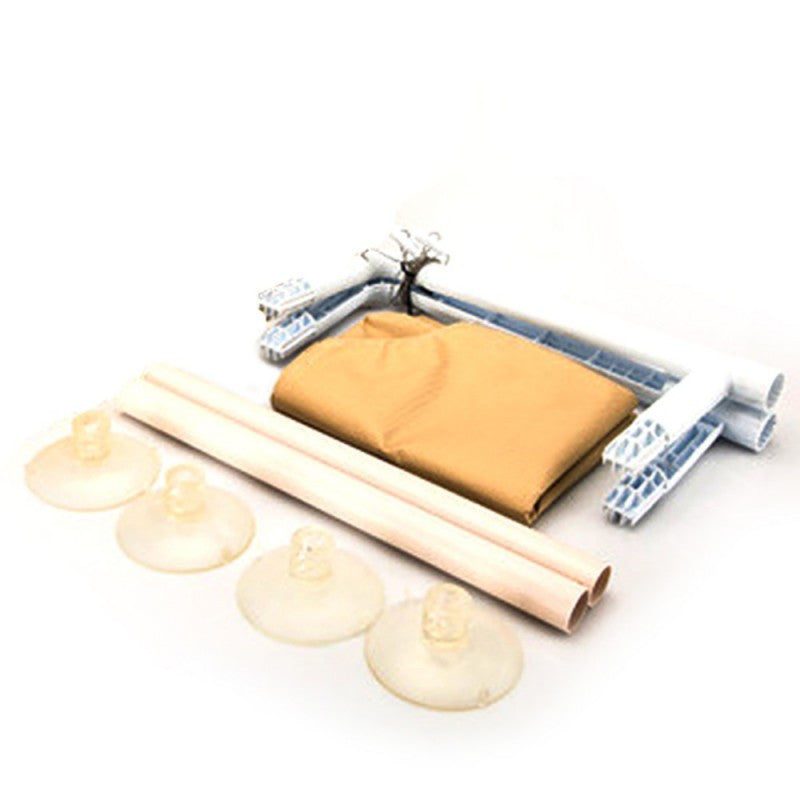


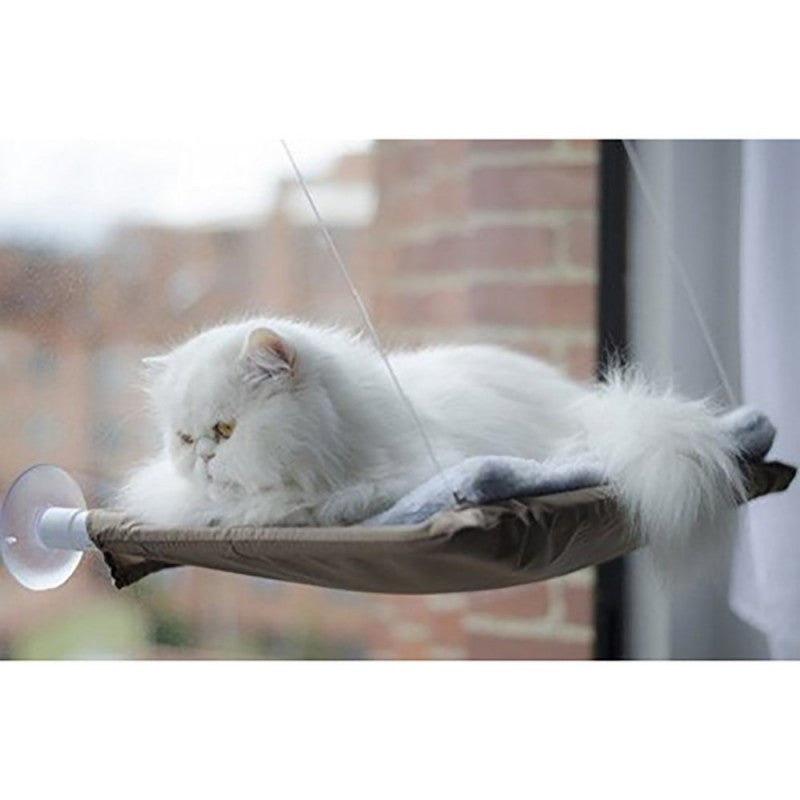
Milichu's Blog
View all-
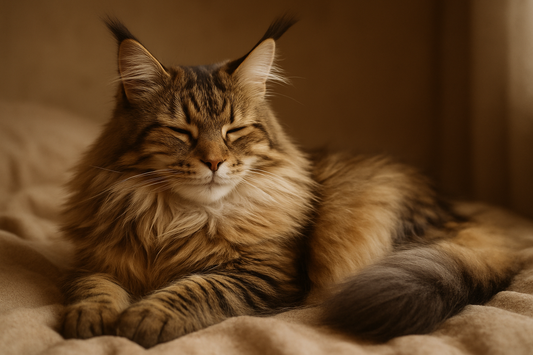
Discover everything about the Maine Coon: chara...
The Maine Coon is one of the most fascinating and popular cat breeds in the world. Known as the "gentle giant," this feline stands out for its imposing size, affectionate...
Discover everything about the Maine Coon: chara...
The Maine Coon is one of the most fascinating and popular cat breeds in the world. Known as the "gentle giant," this feline stands out for its imposing size, affectionate...
-
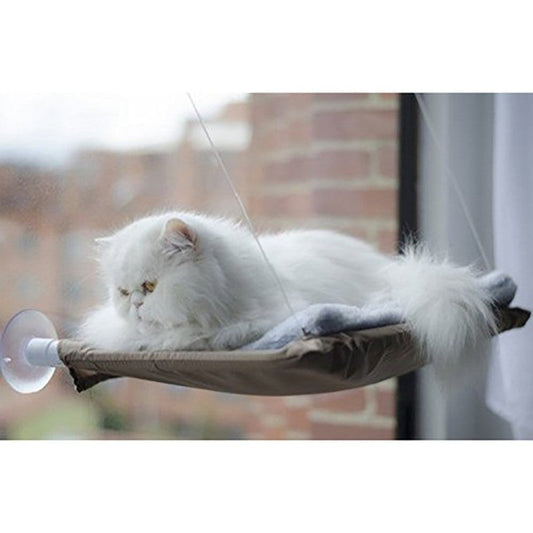
Why do cats purr? Discover the true meaning of ...
A cat's purr doesn't always mean happiness. Discover the real reasons why cats purr: well-being, communication, stress reduction, and even healing power.
Why do cats purr? Discover the true meaning of ...
A cat's purr doesn't always mean happiness. Discover the real reasons why cats purr: well-being, communication, stress reduction, and even healing power.
-

Types of cat litter: which one to choose based ...
Choosing the right cat litter is essential for home hygiene and your feline's well-being. There are different types: clumping (easy to clean), non-clumping (economical), silica (absorbs and neutralizes odors), biodegradable...
Types of cat litter: which one to choose based ...
Choosing the right cat litter is essential for home hygiene and your feline's well-being. There are different types: clumping (easy to clean), non-clumping (economical), silica (absorbs and neutralizes odors), biodegradable...
-

Should I Bathe My Cat? A Complete Guide for Res...
Cats are very clean animals and usually don't need a bath , as they groom themselves with their tongues. However, a bath may be necessary in specific cases: when they...
Should I Bathe My Cat? A Complete Guide for Res...
Cats are very clean animals and usually don't need a bath , as they groom themselves with their tongues. However, a bath may be necessary in specific cases: when they...




















